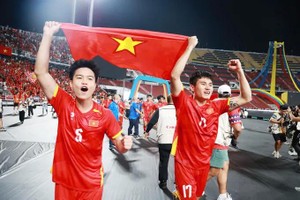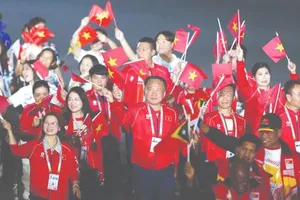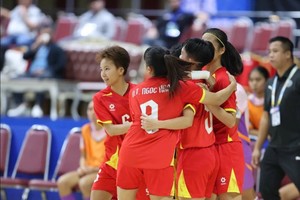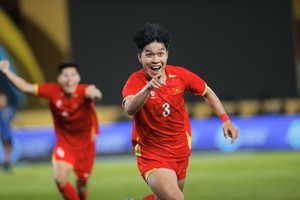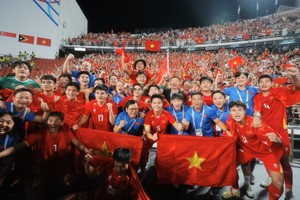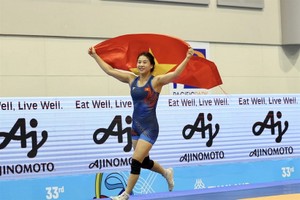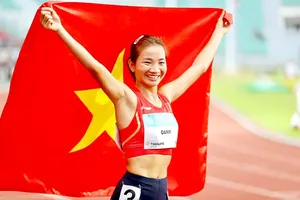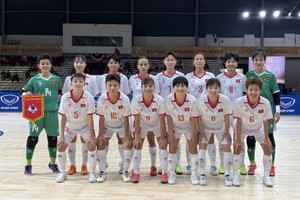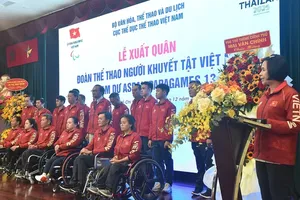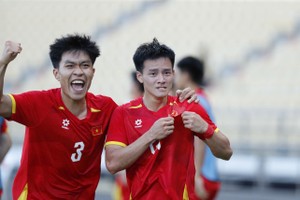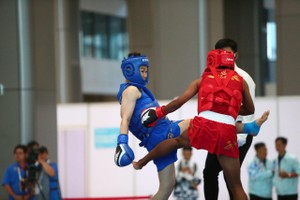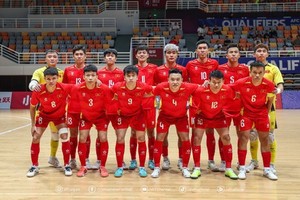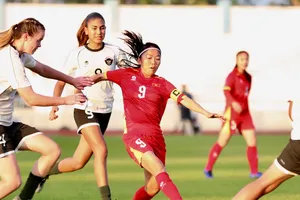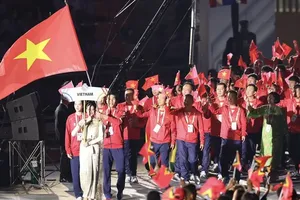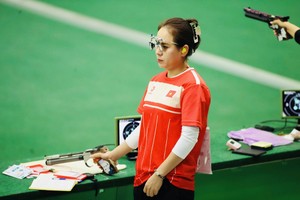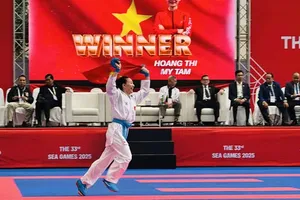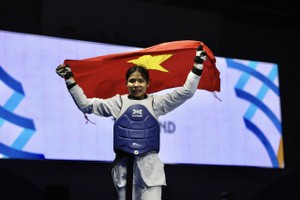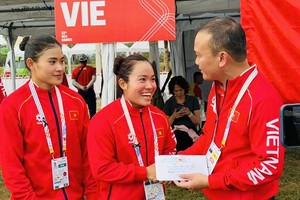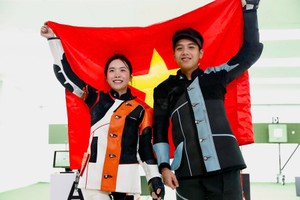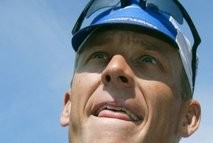
LOS ANGELES (AFP) – Seven-time Tour de France champion Lance Armstrong was part of a sophisticated doping program according to a former teammmate who testified before a grand jury investigating the US cycling icon.
In an interview broadcast Sunday on CBS television's "60 Minutes", admitted dope cheat Tyler Hamilton detailed what he told a Los Angeles grand jury and said team and world cycling officials helped keep Armstrong's doping a secret.
"There are a lot of other cheats and liars out there too who have gotten away with it. It's not just Lance," Hamilton said. "With a little luck I would still be out there today being a cheat and a liar."
Hamilton said he saw Armstrong receive a blood transfusion during the 2000 Tour and inject EPO during the 1999 Tour and before the 2000 and 2001 Tours.
"I saw him inject it more than one time like we all did, like I did many, many times," Hamilton said. "He was the leader of the team. He doped himself like everybody else, being part of the culture of the sport."
The report, citing unnamed sources, also said George Hincapie, an Armstrong friend and ex-teammate who did not speak with CBS, told the grand jury that he and Armstrong supplied each other with EPO (erythropoietin), a banned endurance booster, and spoke of using testosterone.
"We are confident that the statements attributed to Hincapie are inaccurate and that the reports of his testimony are unreliable," Armstrong said on his facts4lance website.
"George Hincapie and his counsel have publicly said that they did not reveal any aspects of his testimony. The only others with access to Hincapie?s testimony, government investigators and prosecutors, have likewise assured us that they are not the source of the information attributed by CBS to Hincapie."
Federal investigators are looking into whether the success of the US Postal Service team anchored by Armstrong, who retired in February, was the result of doping and thereby potentially resulting in fraudulent claims to sponsors.
Armstrong "took what we all took, really they're no different than anyone else in the pelaton," Hamilton told CBS. "There was EPO, testosterone and I did see a blood transfusion."
Hamilton said team doctors helped him with doping schedules that enabled him to evade doping tests and that Armstrong, now 39, once sent him a package with EPO when doctors said his blood was too clean.
"I reached out to Lance Armstrong and he helped me out," Hamilton said. "The next day or two a packet arrived with enough EPO. Lance confirmed he would send me something and it did arrive.
"Sure it was an illegal doping product. But he helped out a friend. I would have done the same thing for Lance."
Armstrong, who won every Tour de France from 1999 through 2005, has denied ever taking performance-enhancing drugs and Mark Fabiani, a counsel for Armstrong, cited Armstrong's spotless doping test record in a statement Sunday.
"Throughout this entire process CBS has demonstrated a serious lack of journalistic fairness and has elevated sensationalism over responsibility," Fabiani said.
"CBS chose to rely on dubious sources while completely ignoring Lance's nearly 500 clean tests and the hundreds of former teammates and competitors who would have spoken about his work ethic and talent."
Hamilton, whom CBS reported received limited liability from prosecution for his testimony provided he was not found to have lied, said he was certain Armstrong would attack his credibility.
"I'm telling the truth," Hamilton said. "I'm sure he will come out with accusations. To Lance I feel bad I had to come here and do this but long term, the sport is going to be better off for it.
"If I could have pressed a button, deleted my memory, I would have."
Hamilton said Armstrong "recommended it was a good idea for the team and myself I take some 'therapy'. He was recommedning I take EPO."
Hamilton countered Armstrong's claim of having never failed a drug test by saying that Armstrong told him in a relaxed, "off the cuff" manner that Armstrong had failed a test at the 2001 Tour of Switzerland.
"People took care of it," Hamilton said. "I don't know all the exact details but Lance's people and people from the other side, people I believe from the governing body of the sport, figured out a way for it to go away. I was told this (by) Lance."
The report had no hard evidence that International Cycling Union (UCI) officials were enablers to Armstrong evading a doping suspension, but cited a Swiss lab director's statement to the FBI that said a UCI official wanted the matter of a "suspicious" test to go no further and set up a meeting with Armstrong and team officials.
In a letter obtained by CBS from Armstrong's lawyers, the UCI said there was no positive test at the 2001 Swiss race by Armstrong. The CBS report noted Armstrong donated $25,000 and $100,000 to the UCI for anti-doping work.
